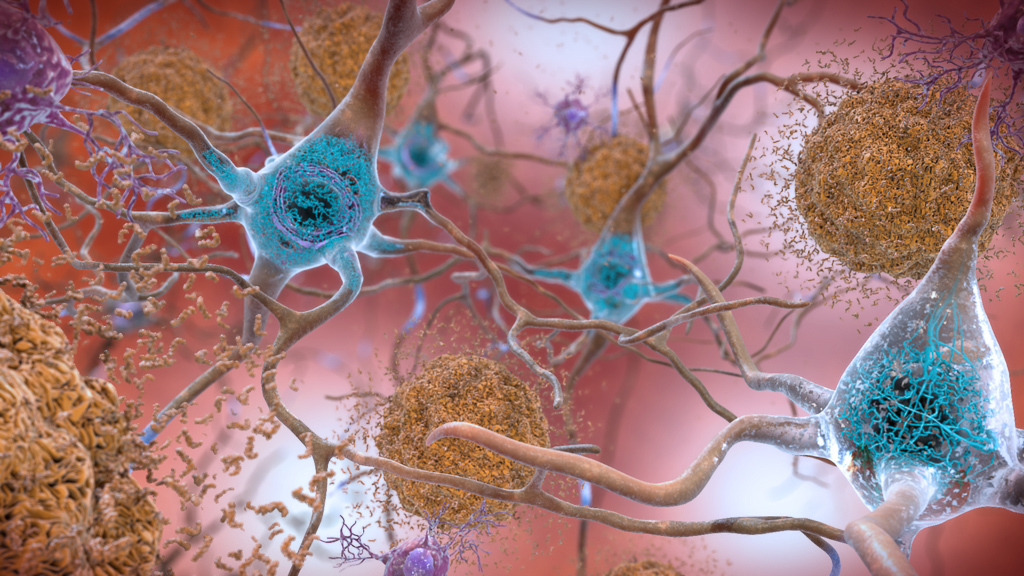Biography
A world-leader in epidemiology and public health, Prof Paul Elliott brings a wealth of knowledge and expertise to the UK DRI. After training as a doctor, Paul specialised in epidemiology, studying at the London School of Hygiene & Tropical Medicine where he remained until 1995, rising to Head of the Environmental Epidemiology Unit. Moving to Imperial College London, he is now Chair in Epidemiology and Public Health Medicine in the School of Public Health, an honorary consultant in public health medicine at Imperial College Healthcare NHS Trust, and academic lead for the Informatics & Biobanking research theme (Imperial NIHR Biomedical Research Centre). In 2021 he was awarded the prestigious Commander of the Order of the British Empire (CBE) for his services to scientific research in public health. As a Group Leader at UK DRI at Imperial, Paul will lead an exciting research programme using advanced methods in genetic, epidemiology and metabolic phenotyping to improve scientific understanding of the development of dementias.
Elliott Lab
Explore the work of the Elliot Lab, using advanced methods in genetic, epidemiology and metabolic phenotyping to improve scientific understanding of the development of dementias

